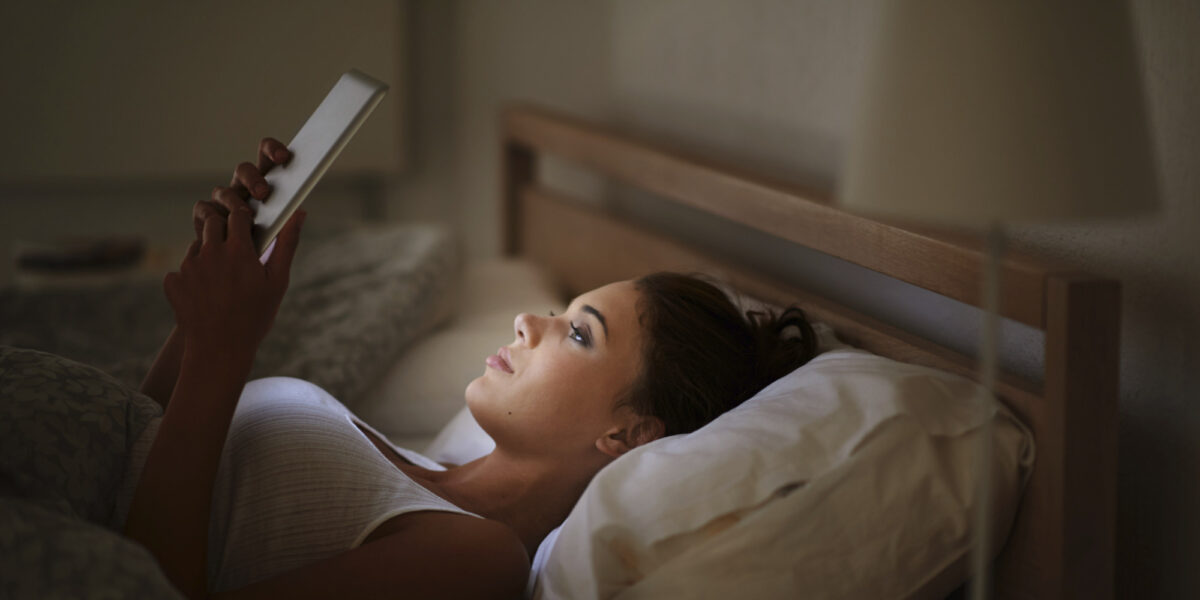If you haven’t ever found yourself scrolling your best mate’s girlfriend’s sister’s cousin’s grandma’s dog’s Insta at 2am then I’m sorry to tell you but you may be stuck in 2015.
However, whilst there’s nothing wrong with staring at adorable golden retrievers and chatting-up spambots, if you find yourself doing it every night, you might suffer from “social jetlag”.
The term was recently coined during an inquiry into Australia’s “sleep deprivation problem”, conducted by University of Adelaide sleep specialist Robert Adams, who reckons poor sleep is taking a serious toll on the country’s health and welfare.
The study found that 31 per cent of survey respondents were suffering social jetlag—a similar but perhaps more painful form of traditional jetlag. Whilst “normal” jetlag is associated with physically changing timezones, “social jetlag” is where you mentally switch time-zones, whether that be by having a different sleep pattern Monday to Friday compared to the weekend (due to work), or whether that be because you’re living vicariously through your globetrotting pal’s Instagram by night and sleeping at your desk by day.
To be prescribed with “social jetlag,” your sleep on work nights must be more than an hour out of sync with sleeps on weekends or other days off. Which makes it surprising only one third of Australian’s (allegedly) have it, when you consider how Happy Hour can change the space time continuum of a Friday/Saturday night.
As reported by the SBS, “Socially jetlagged people were more likely to go to bed late, wake up tired, be late for work and go to work when sick. This suggests, says Professor Adams (the lead author of the study), that people with social jetlag, “Are either less able to recognise their sickness signs or they feel a degree of pressure to work despite being unwell or just plain tired” (SBS).
“Either way, it’s time we considered the consequences of these employees driving, operating dangerous machinery and potentially spreading contagious illness in the workplace,” he said.
As reported by The Guardian, “Those sleep-deprived people were also more likely to have computer devices in the bedroom and use them frequently in the hour before sleep.” If this sounds like you, the Sleep Health Foundation advises you head to bed slightly earlier and wake slightly later, instead of having a large sleep-in. Or just unfollow your wannabe influencer friends. Whatever floats your mayfair filtered canoe.
RELATED: Vitamin Supplements May Not Be As Effective As Marketing Will Have You Believe
